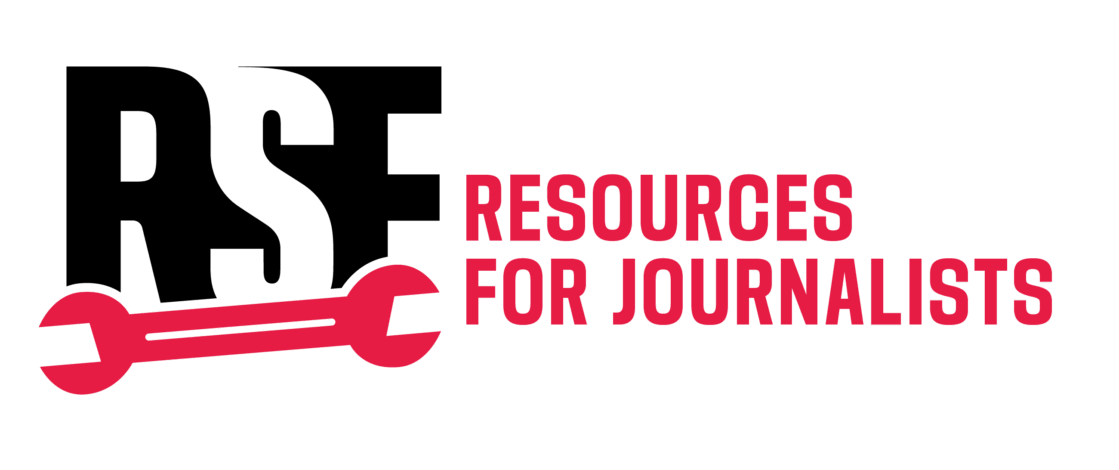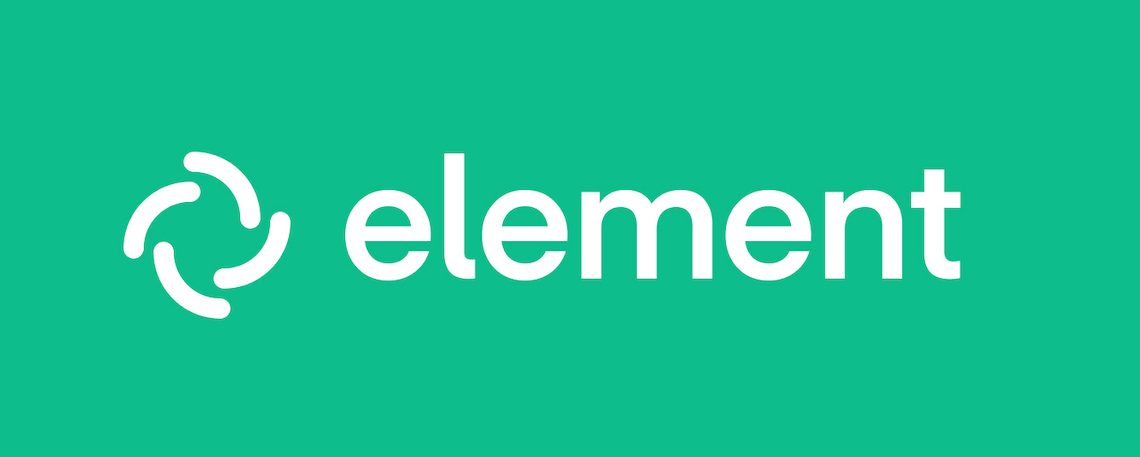Popular messaging apps are owned by private companies that store users’ communication on their own servers, putting journalists’ information at risk. In order to keep exchanges private, journalists can consider using the messaging application Element, an encrypted alternative that stores all its data on a personal server that uses a decentralised framework.
Traditional messaging apps require journalists to put their trust in private companies to keep their communications safe from prying eyes like internet service providers (ISPs) or app servers. The content of the user’s communication is processed by the company, stored on its servers and subject to its rules, and could potentially be seized and unencrypted by the messaging company or government agency.
The messaging app “Element” is a free and open-source messaging app developed on a system called a “matrix framework”. Unlike other apps, Element is not operated by a single company but runs on a user’s own secure server which gives them full control over their information and metadata, making it safe from data-mining. Element also has end-to-end encryption (E2EE) communication with all Matrix-based apps, not just other Element users, through unlimited text, voice, or video chat.
An app based on the “Matrix framework”
Messaging apps can be built on a framework called Matrix. This framework has no central HQ where information is processed, instead there is a network of private servers which users can set up themselves. These servers are independent and under the full control of the users. This means the user themselves have full control of how data is stored, who can access it, and what happens to it when they’ve finished using the data.
It is non-profit, open-source, and highly transparent, making it a popular tool with governments including the United States, France, and Germany; and with journalists who value a greater level of control over their communications.
Its main drawback as a tool is accessibility. Matrix is only a framework and to utilise it both an app and a server is required, which not every user has the technical skill or capability to develop for themselves (guide to setting up a Matrix server here).
A paid version that “bridges” to major messaging apps
There is a paid version (USD $5 per month) of Element called Element One, which utilises another key feature of the Matrix framework, interoperability. Matrix can act as a “bridge” to major messaging apps, so rather than switching between multiple apps for different conversations, the user can access them all through a single Matrix-based communication app.
Element One is ready to use and hosted on a premade server with bridges to Telegram, Whatsapp, and Signal already set up, though users must beware that it doesn’t offer end-to-end encryption yet. Element One acts as an interface, but communication with non-Matrix services decrypts to go through the other companies’ servers, and is subject to whatever processes they have.
Written by Benjamin Finn. From Houston (USA), Benjamin has been in the IT field for a decade, during which his primary focus was the deployment of internal security tools across large enterprises. Over the last two years, he has been researching on how to maintain proper security in the context of an oppressive nation-state, specifically in the context of Myanmar. He has also been working with multiple groups in Taiwan to train them on proper security and safety measures.
This article is part of a series on messaging apps:



